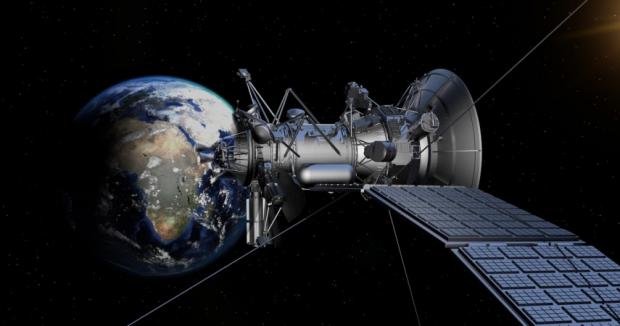
Breaking News
 Poland to Buy 150 Tons More Gold, Approves up to 36.6% Held
Poland to Buy 150 Tons More Gold, Approves up to 36.6% Held
 Michael Oliver: T-Bond Nuclear Panic Will Send Silver VIOLENTLY to $300–$500 | Gold to $8,000
Michael Oliver: T-Bond Nuclear Panic Will Send Silver VIOLENTLY to $300–$500 | Gold to $8,000
 Greentanamo: Trump Deal Gives US Sovereignty Over Small Pockets Of Greenland For Military Bases
Greentanamo: Trump Deal Gives US Sovereignty Over Small Pockets Of Greenland For Military Bases
 Das: Trump's Spat With The Fed Is Not About Central Bank Independence
Das: Trump's Spat With The Fed Is Not About Central Bank Independence
Top Tech News
 The day of the tactical laser weapon arrives
The day of the tactical laser weapon arrives
 'ELITE': The Palantir App ICE Uses to Find Neighborhoods to Raid
'ELITE': The Palantir App ICE Uses to Find Neighborhoods to Raid
 Solar Just Took a Huge Leap Forward!- CallSun 215 Anti Shade Panel
Solar Just Took a Huge Leap Forward!- CallSun 215 Anti Shade Panel
 XAI Grok 4.20 and OpenAI GPT 5.2 Are Solving Significant Previously Unsolved Math Proofs
XAI Grok 4.20 and OpenAI GPT 5.2 Are Solving Significant Previously Unsolved Math Proofs
 Watch: World's fastest drone hits 408 mph to reclaim speed record
Watch: World's fastest drone hits 408 mph to reclaim speed record
 Ukrainian robot soldier holds off Russian forces by itself in six-week battle
Ukrainian robot soldier holds off Russian forces by itself in six-week battle
 NASA announces strongest evidence yet for ancient life on Mars
NASA announces strongest evidence yet for ancient life on Mars
 Caltech has successfully demonstrated wireless energy transfer...
Caltech has successfully demonstrated wireless energy transfer...
 The TZLA Plasma Files: The Secret Health Sovereignty Tech That Uncle Trump And The CIA Tried To Bury
The TZLA Plasma Files: The Secret Health Sovereignty Tech That Uncle Trump And The CIA Tried To Bury
China Focus: China's satellite sends unbreakable cipher from space

The achievement based on experiments conducted with the world' s first quantum satellite, Quantum Experiments at Space Scale (QUESS), was published in the authoritative academic journal Nature on Thursday.
The Nature reviewers commented that the experiment was an impressive achievement, and constituted a milestone in the field.
Nicknamed "Micius," after a 5th Century B.C. Chinese philosopher and scientist who has been credited as the first person ever to conduct optical experiments, the 600-kilogram-plus satellite was sent into a sun-synchronous orbit at an altitude of 500 kilometers on Aug. 16, 2016.
Pan Jianwei, lead scientist of QUESS and an academician of the Chinese Academy of Sciences (CAS), said the satellite sent quantum keys to ground stations in Xinglong, in north China's Hebei Province, and Nanshan, near Urumqi, capital of northwest China's Xinjiang Uygur Autonomous Region.

 Nano Nuclear Enters The Asian Market
Nano Nuclear Enters The Asian Market


